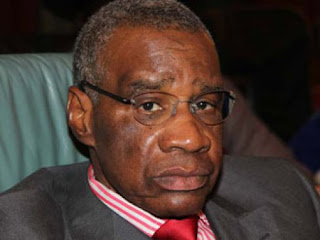By Paul Arhewe
The outgoing year, like previous ones, witnessed its share of
awful and gloomy moments and some instances for jubilation, merriment and
pageantry.
Syrian war
The Arab spring crisis which began in December 2010 in Tunisia
continued in Syria war as a full blown war that has claimed more than 44,000
lives. The conflict began in this Arab country in March 2011 with peaceful
protests, before degenerating into a large-scale deadly conflict.
The Syrian president Bashar al-Assad tenaciously held on to
power, even when some of his generals had fled to the rebel side. Many efforts
to bring peace to the country has failed, as world powers divided over what has
become an majorly sectarian strife between mostly Sunni Muslim rebels and
Assad's security forces, drawn primarily from his Shi'ite-rooted Alawite
minority.
By December 12, United States and other western countries
like United Kingdom, France, Turkey and some Gulf states recognised the
opposition coalition as the legitimate representative of the Syrian people.
US Presidential
election
The United States’ 2012 general election, no doubt was one
remarkable event at the international for the outgoing year.
President, Barack Obama, beats his Republican presidential
opponent, Mitt Romney, to clench his second term for another four years as
leader of the world’s leading economy in the November 6 general polls. Obama
won 332 electoral votes to Romney's 206.
The 2012 election was adjudged to be the most expensive in
US electoral history.
 |
| Obama and Biden and their families celebrating |
Obama questioned Romney’s lack of a specific plan for
reviving the economy while branding the challenger a candidate who changed his
positions to suit the shifting political winds.




























